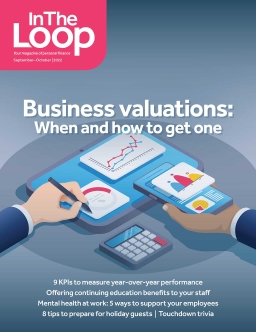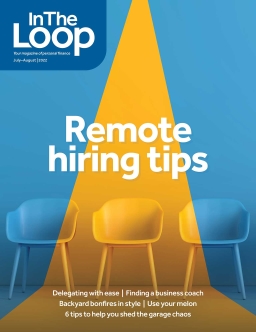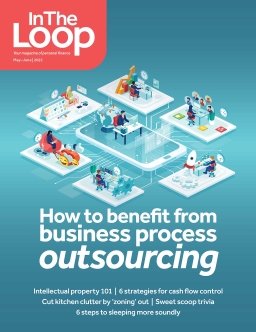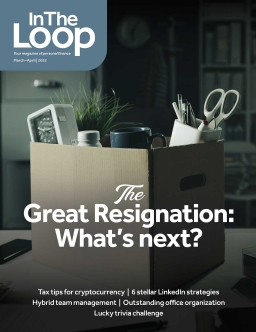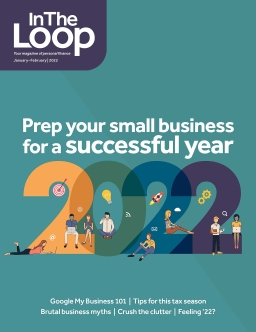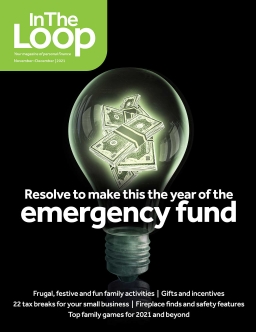How Gen Z will shift the working world

It’s as predictable as the dawn: A new generation enters the workforce, they shake up the status quo and they push their coworkers outside their comfort zones. Some seasoned workers love the changes; others aren’t quite as thrilled. But somehow, from the Greatest Generation to the Boomers, from Gen X to Millennials, everyone manages to adapt—and most of the time, things end up being better for everyone.
Right now, Gen Z (those born between 1997 and 2012) is that generation, bursting onto the workforce scene with energy, ideas and ideals. And although the oldest of these digital natives are just hitting their mid-twenties, they’re already affecting the way businesses operate, from flextime to the freedom of freelancing to working remotely.
So … how is Gen Z likely to shift the workforce until the next demographic group comes along? Here are our predictions:
-
A greater focus will be placed on mental health. Gen Z has grown up in a world rocked by recession, global terrorism, public shootings, racial strife and, most recently, a pandemic. Their sense of social justice is high, and so is their compassion and understanding that maintaining the traditional stiff upper lip won’t make troublesome issues go away. They’re not ashamed to admit that sometimes they need extra help to navigate a world that can change in the blink of an eye—and they’ll be sure their employers know that, too.
-
Diversity and inclusion will be non-negotiable. According to the Pew Research Center, Gen Z is the most racially and ethnically diverse generation. Generally, they don’t see race, ethnicity or gender identity as something that divides people; rather, those factors reinforce the beautiful diversity of humanity. And they want that diversity to be recognized—for everyone to be accepted as they are.
-
“Work-life balance” will finally become more than just a buzzword. Work isn’t necessarily Gen Z’s reason for waking up in the morning. They’re comfortable bringing their authentic selves to the table, and they have no interest in pretending to be someone they’re not just to get ahead. They want time to spend with the people who matter most and time to advance issues they’re passionate about, like the environment, civic engagement, racial equity and social change.
-
Healthcare will become a focal point. As Gen Z ages out of their parents’ health insurance plans, there isn’t much out on the market that can affordably and conveniently replace their coverage. Because they’re so comfortable with technology, they prefer telemedicine and other virtual options, and will demand convenient, patient-centric and holistic healthcare.
-
Companies will be challenged to become more environmentally responsible. Gen Z doesn’t just talk the talk when it comes to the environment; they’re actually driving the changes they want to see. They’re careful to patronize and work for businesses that reflect their values. They consciously choose travel methods that place less strain on the earth. And they’re becoming more politically involved, demanding that government and business do their part for the future of humanity.
Like their immediate predecessors, the Millennials, Gen Z are agents of change—and by 2025, they’ll make up about 27% of the workforce. Their individuality and their strong convictions about prioritizing purpose and quality of life over material gain can only improve the well-being of everyone in the workplace. Of course, like most change, there will be some push and pull. But in the long run, the generations are more alike than different. We all want happiness, security, appreciation and fulfillment.
And if we’d bet on anyone to achieve that state of working and being, it’s this generation. Go forth and thrive, Gen Z!
Back to issue



